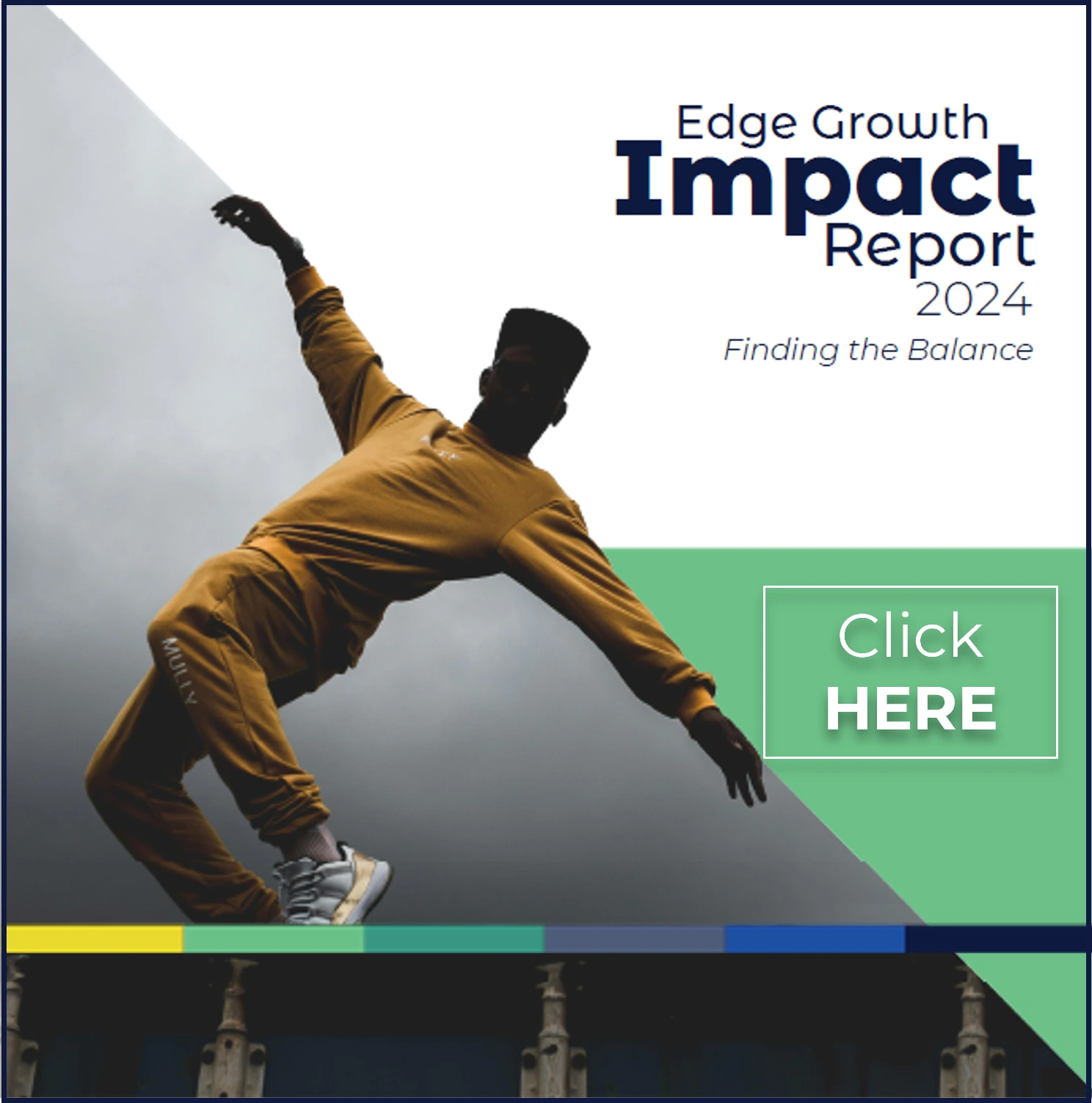Early-stage funding, also known as “angel investing” or venture capital funding, is something SMEs often talk about in whispers. There are limited accurate figures, but in general, only one in 100 SMEs receive early-stage funding. In emerging markets, this figure drops to one in 200.
It’s not easy to get venture capital funding in South Africa. The reasons are multi-faceted and include ecosystem dynamics, small business expectations and investors’ risk appetite. Let’s take a closer look.
Ecosystem dynamics
The South African venture capital market remains relatively nascent. While the number of funding participants is growing, there is still not an extensive pipeline of funding options at different business stages (i.e. angels to venture capital to growth funding to PE), which puts pressure on valuations and liquidity.
In addition, the South African market for certain venture capital products and services is relatively small compared to other global markets, which impacts local growth prospects and adds to risk profile if geographical expansion is required. The market has had several publicised successful exits and global investments in the past few years (for example GetSmarter, Flightscope and Yoco), however the exit landscape is still relatively under-developed which adds to the risk profile of the early stage asset class.
Entrepreneur expectations
Early-stage entrepreneurs often have unrealistic expectations of valuations of their business given the actual traction to date, and they underestimate the importance of demonstrating commercialisation as quickly as possible and focusing on large market solutions.Entrepreneurs also tend to underestimate the time it takes to raise capital, which can put the business under pressure when cash is running out.
Investor structures
Some venture capital investment structures in South Africa can be overly complex, which can lead to entrepreneur confusion and lack of understanding. Venture capital investors need to continually upskill their technical ability in analysing new business models, products and services to ensure they are not missing credible investment opportunities.
Evaluating investment in South African today
There has been a lot of positive momentum in the early-business stage sector with SARS Section 12J legislation and corporate enterprise supplier development funds being a catalyst for significant capital inflows into the asset class.
The 2020 SAVCA survey indicated that the Southern African venture capital sector invested a total of R1.23-billion in start-ups and early-stage companies, exceeding the R1-billion mark for the second time.
It may take a while for the increased deployed funds to deliver tangible returns in terms of exits, but the industry is well positioned to deliver financial return for investors and broader economic impact in terms of enhancing employment opportunities in particular.



